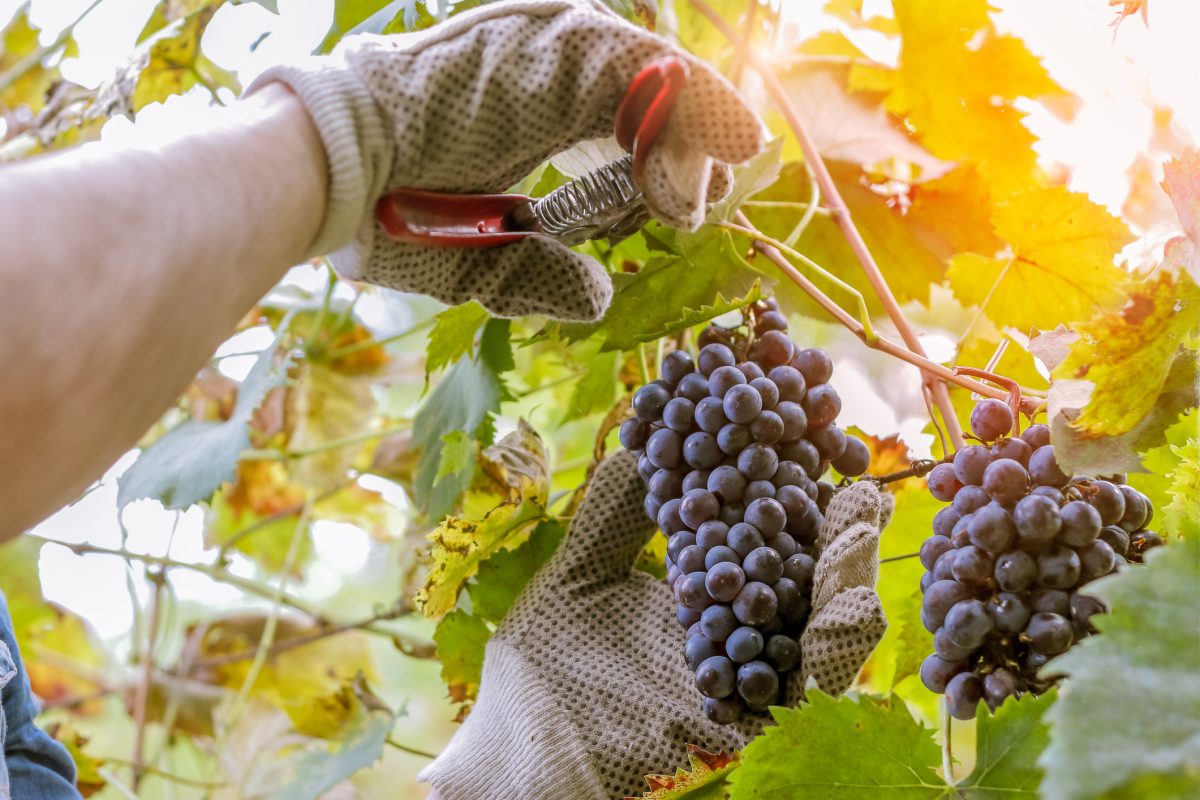Sustainability practices and products have been on the rise in consumer choices for some time, and the wine industry in particular has been looking at ways to mitigate climate change through sustainable farming longer than many other products. But as cost of living continues to rise, what impact will that have on sustainable wine?
It’s a question posed recently by Wine Intelligence, which has highlighted how weather and climate events have impacted vineyards and wine yields across the world. Many wineries have invested heavily in ways to improve their environmental footprint. This does often mean there is a premium attached to sustainable products, which is fine in times of low interest rates and low inflation.
But what happens when inflation and energy costs are reducing consumers’ spending power? Can sustainable wine survive these financially challenging times?
Wine Intelligence reported: “From the evidence we have to hand, the impact of either an upcoming recession or a significant slowdown in growth in major economies may reduce desire for sustainable products – but more encouraging in the long term, is the fact that the long-run demographic and lifestyle trends are acting as positive tailwinds for sustainable wine.
“Wine businesses with a sustainability agenda (and a premium price to match) will need to work hard over the next 12 months to maintain listings, by focusing on fundamental value for money and desirability of the product, rather than more esoteric attributes.
“Consistent Wine Intelligence consumer evidence suggests that, whatever they might say about how much they love sustainability, consumer purchase decisions are primarily driven by underlying value and personal utility.
“In the end, consumers won’t buy a product they don’t like the taste of just because it is doing something right in the world. However, if a brand can deliver a great-tasting, good value, interesting and uplifting product and carry a positive message about sustainability, it might win the order.”
But Wine Intelligence adds that the long-run play for sustainable wines looks more positive.
WI writes: “Desire to buy wine that is billed as sustainable shows a stark generational divide between younger legal-drinking-age consumers, those typically in their 20s and 30s, who are strongly motivated to buy in the category (and in many cases are already doing so) and older consumers, in their 50s, 60s and beyond, who are largely unmoved by sustainability claims.
“These older drinkers currently dominate most major developed markets in terms of volumes consumed, and they are also, in general, much more price-conscious. Younger LDA consumers in the wine category generally tend to drink less, and to spend more on a bottle when they do choose to drink wine.
“Wind the clock on five years, or 10 years, and these younger LDA consumers will be entering their main wine drinking years, and their desires and tastes will start to dominate the category. If they can carry a positive view of sustainable wine into this era, their behaviour may fundamentally shift sustainable wines into a more mainstream position within the category.”

